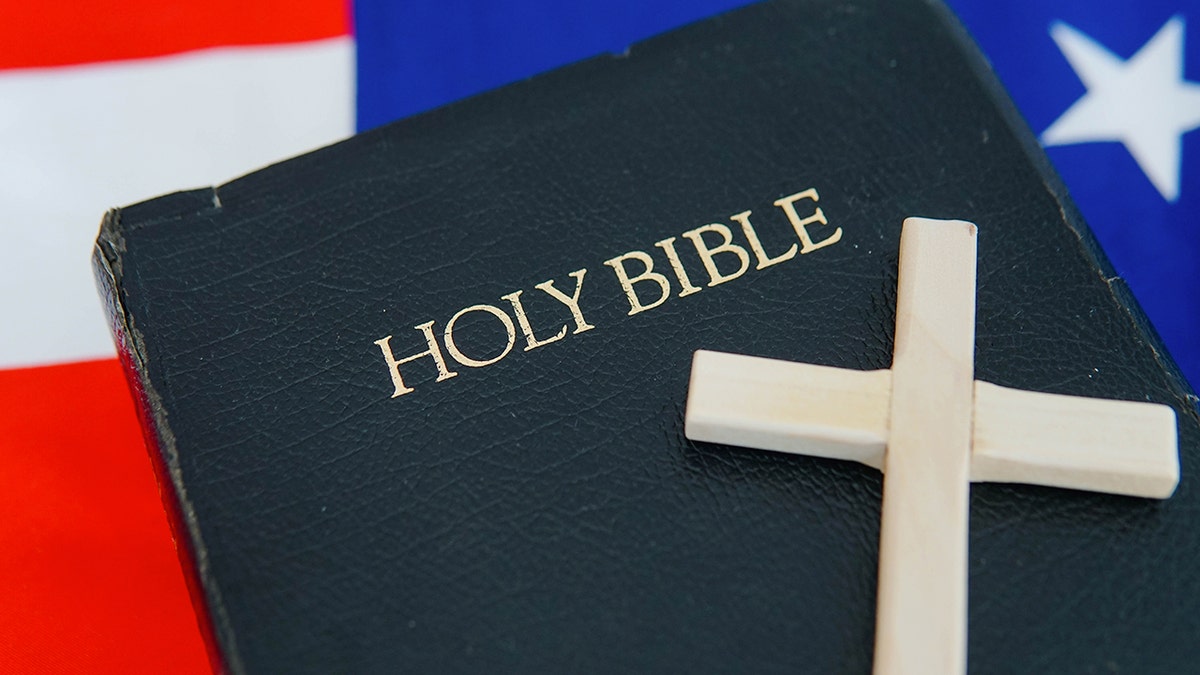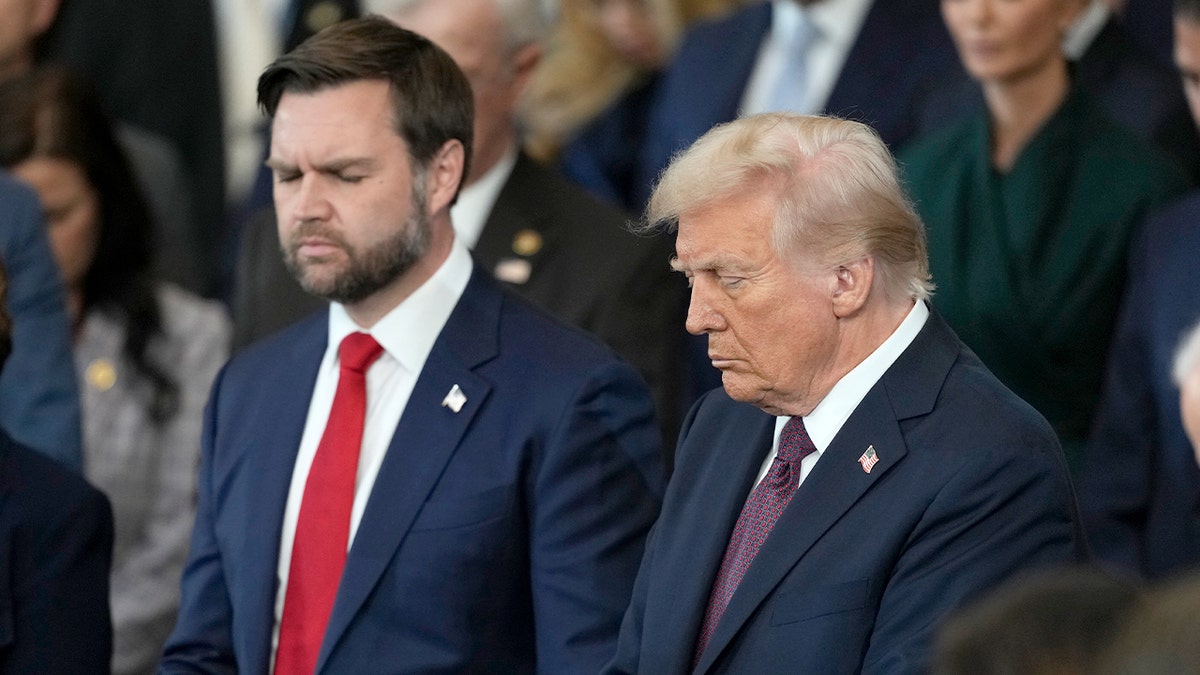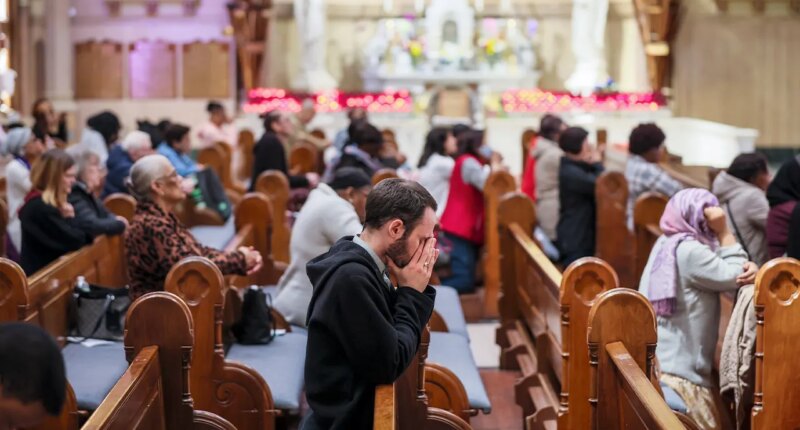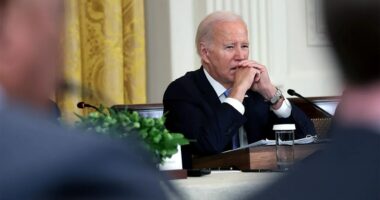Share this @internewscast.com
‘Pitt for Jesus’ event draws nearly 600 attendees
Jake Overman, a tight end for the University of Pittsburgh, recently joined Pastor Jason Howard on ‘Fox & Friends’ to discuss the ‘Pitt for Jesus’ gospel outreach event. This initiative highlights how student-athletes are actively spreading their faith across campus.
A recent survey has highlighted a significant decline in the number of American adults who consider religion a vital part of their daily lives.
According to Gallup, only 49% of American adults now say faith plays an important role in their lives, representing a 17-point decrease since 2015. This decline is among the most substantial recorded in any country over a decade since 2007. In the past 18 years, just 14 out of more than 160 countries in the World Poll experienced a decline of over 15 percentage points within any 10-year span.
Only a few affluent nations have experienced larger declines than the U.S., including Greece, Italy, and Poland. From 2013 to 2023, Greece saw a 28-point drop, while Poland observed a 22-point decrease. Italy reported a 23-point drop from 2012 to 2022.
Other member countries of the Organization for Economic Co-operation and Development (OECD) have also reported similar decreases in religious significance. Chile experienced a 20-point drop, Turkey an 18-point decline, and Portugal a 17-point decrease.

A man is seen praying during an afternoon Mass at the Basilica of Our Lady of Perpetual Help on April 23, 2025. (Photo by Erin Clark/The Boston Globe via Getty Images)
On a global scale, religiosity has remained rather stable. Gallup reported that, since 2007, the global median for religiosity has averaged 81%. The number reached 83% last year, which the polling firm noted was the most current full-year data available.
Beyond the sharp drop in religiosity, the U.S. has also moved outside the four categories that Gallup previously found most countries fit into. These include “high religiosity with Christian identity; high religiosity with another religious identity (often Muslim majority, although there are several countries in the Middle East where Gallup does not ask religious identity questions); low religiosity with Christian identity; or low religiosity with no religious identity,” according to Gallup.

A recent Gallup poll found a sharp decline in the number of American adults who say religion plays an important role in their daily lives. (Hleb Usovich/iStock via Getty Images)
The polling firm said the U.S. has a medium-high Christian identity but middling religiosity. While the number of Americans identifying as Christians is similar to those of other Western and Northern European nations, religion plays a larger role in Americans’ lives than in those from other countries, such as the U.K. and Germany, Gallup noted.
Meanwhile, the importance of religion in Americans’ daily lives mirrors those of people in Argentina, Ireland, Poland and Italy, where Catholicism is more influential, according to Gallup. However, far fewer Americans identify as Christians than people in those nations.

President-elect Donald Trump, Vice President-elect JD Vance and Sen. Amy Klobuchar, D-Minn., bow their heads in prayer at the inauguration of Donald J. Trump in the U.S. Capitol Rotunda on Jan. 20, 2025, in Washington, D.C. (Julia Demaree Nikhinson/Pool/Getty Images)
While religiosity has declined among American adults, Trump administration officials, including Vice President JD Vance, a Catholic convert, have spoken about the importance of faith.
In his first public appearance after being sworn in as vice president, Vance attended the March for Life in Washington, D.C. While Vance’s openness about his faith seems to stand in stark contrast with the poll, it could reflect Gallup’s classification of the U.S. as a place with medium-high Christian identity but middling religiosity.

















